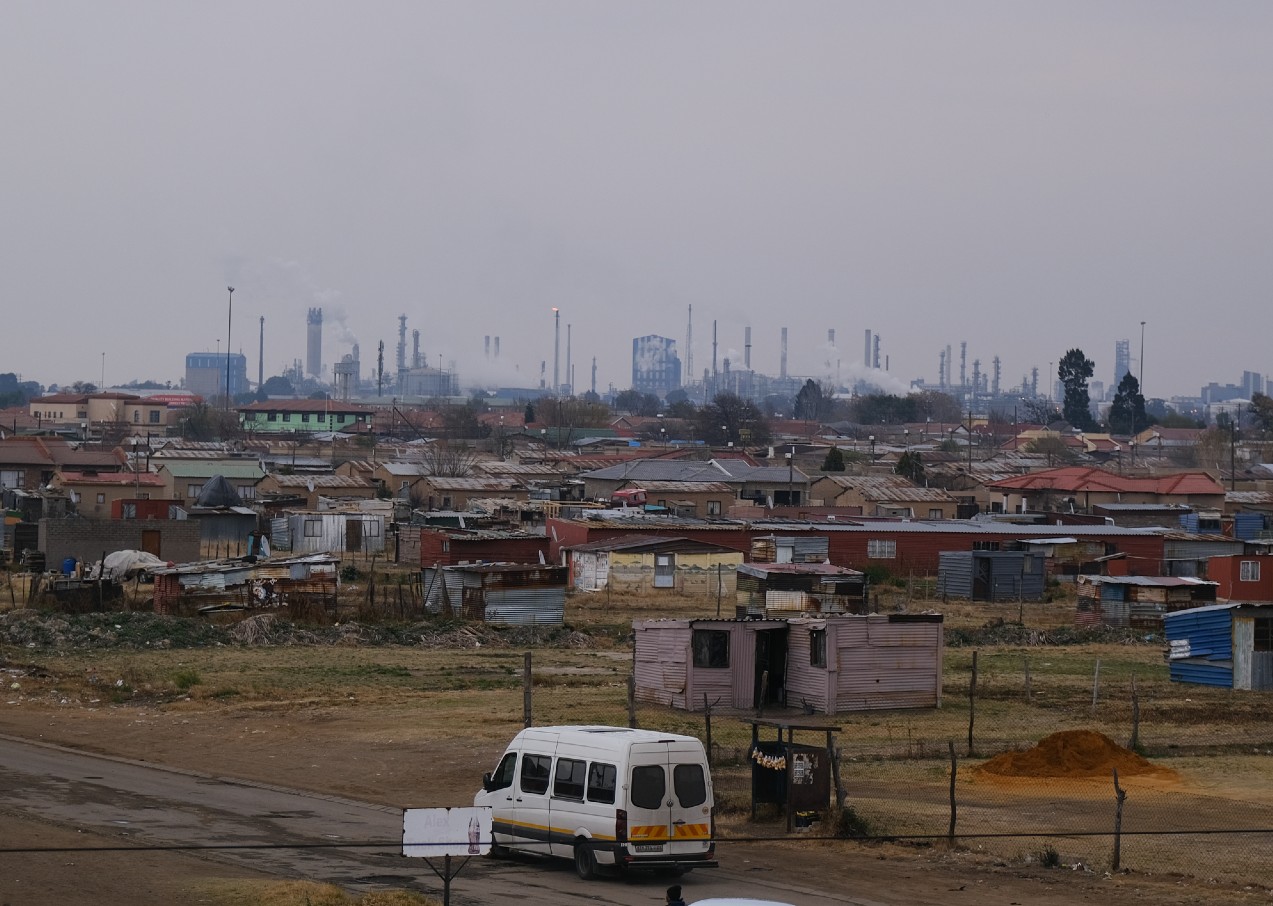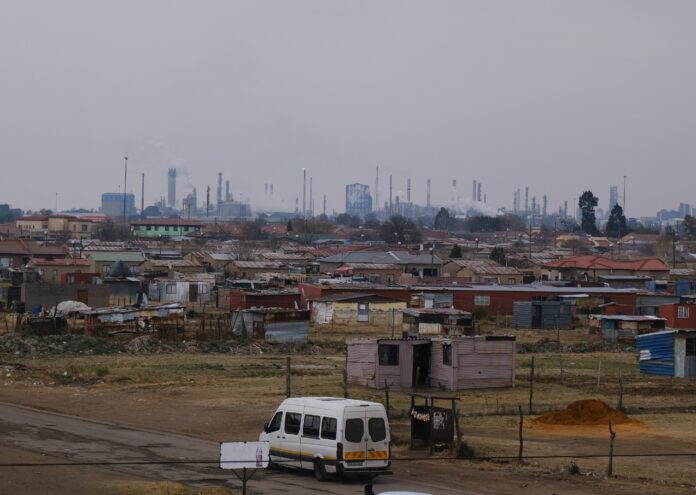By Diana Chiyangwa
Cape Town, South Africa: Activists have raised concerns about a mining company in South Africa that has not incorporated community participation in its activities. They say that Without the presentation and active participation of affected mining communities, the project is null and void.
While the African Mining Indaba (AMI) was taking place, mining activists called for the rejection of deals made by mining companies. . Activists indicated that the event lacks the voices of the mining-affected communities.
The hybrid event took place in Cape Town from 6 to 9 February 2023. The event saw heads of state, ministers, high commissioners, and ambassadors from across Africa and the globe in attendance.
The Mining Affected Communities United in Action (MACUA) said that there are no transformational objectives in place and without any clear plan from the Department of Minerals Resources and Energy and Portfolio Committee.
They intend to remedy the legal action lacuna that exists in the transformational objectives of the mining sector after the High Court in Pretoria struck the down Mining Charter in 2022.
The unwillingness of mining companies to consult with mining-affected communities on the projects that are due to be implemented in their communities is reiterated by South African President Cyril Ramaphosa in his speech during the African Mining Indaba, Ramaphosa said that mining companies can no longer conduct operations without providing for the needs of the communities in which they mine in.
However, the President’s remarks do not reflect what MACUA has been advocating for and highlighted that AMI is an expensive photo opportunity for mining companies to present themselves as caring and consultative.
MACUA\WAMUA Social Audit Report 2022 shows, mining-affected communities, from whose land enormous wealth continues to be extracted, remain marginalized and excluded in significant ways.
“Companies must become global citizens, responsible citizens. They must work with government and all role players to make sure that the needs of not only the shareholders but also the communities are looked after in the end, the environmental needs are also taken care of.” Urged Ramaphosa.
Booysen Gopolang a mining community member, said that he agrees with President Ramaphosa’s remarks. “Minerals and Petroleum Resources Department Act 2002 puts certain obligations on holders of mining rights to develop host communities. Mines are alive to these obligations and yet they don’t comply. The problem is monitoring by the government,” he said.

The DMRE’s exploration strategy for the mining industry of South Africa highlights that the much-recorded number of years of mining in sectors such as gold, diamond, and coal, indicates that the industry remains a significant contributor to the economy in terms of employment numbers, export earnings, as well as attracting foreign direct investment. In 2020, the mining industry accounted for about 1.5 million both indirect and direct (451,427) employment.
In addition, the sector contributed 8.2% to the Gross Domestic Product (GDP), attracted over R575 billion in export earnings, contributed R 608 billion in total mineral sales, R27.2 billion in corporate taxes, and R11.8 billion in royalties (Minerals Council SA, 20211). Over and above direct contributions, the industry is an anchor to other sectors of the economy, including agriculture, infrastructure, energy, etc.
Misheck Mbangula, MACAU National Coordinator said that “Mines and the state have a historical, ethical and legal obligation to ensure the social and economic welfare of all South Africans and mines carry a specific obligation to the people who are directly impacted by their mining operations.”
Among the key findings and statistics of the social audit surveys are that none of the mining companies audited undertook a process of public participation in the communities, in order to formulate a Social and Labour Plan (SLP).
26.1% of all the local economic development projects audited were partially completed by the mining companies to varying degrees, and the report uncovers a tendency by mining companies to engage with municipalities and traditional leadership structures, while bypassing organized community structures, in order to finalize their SLPs.














